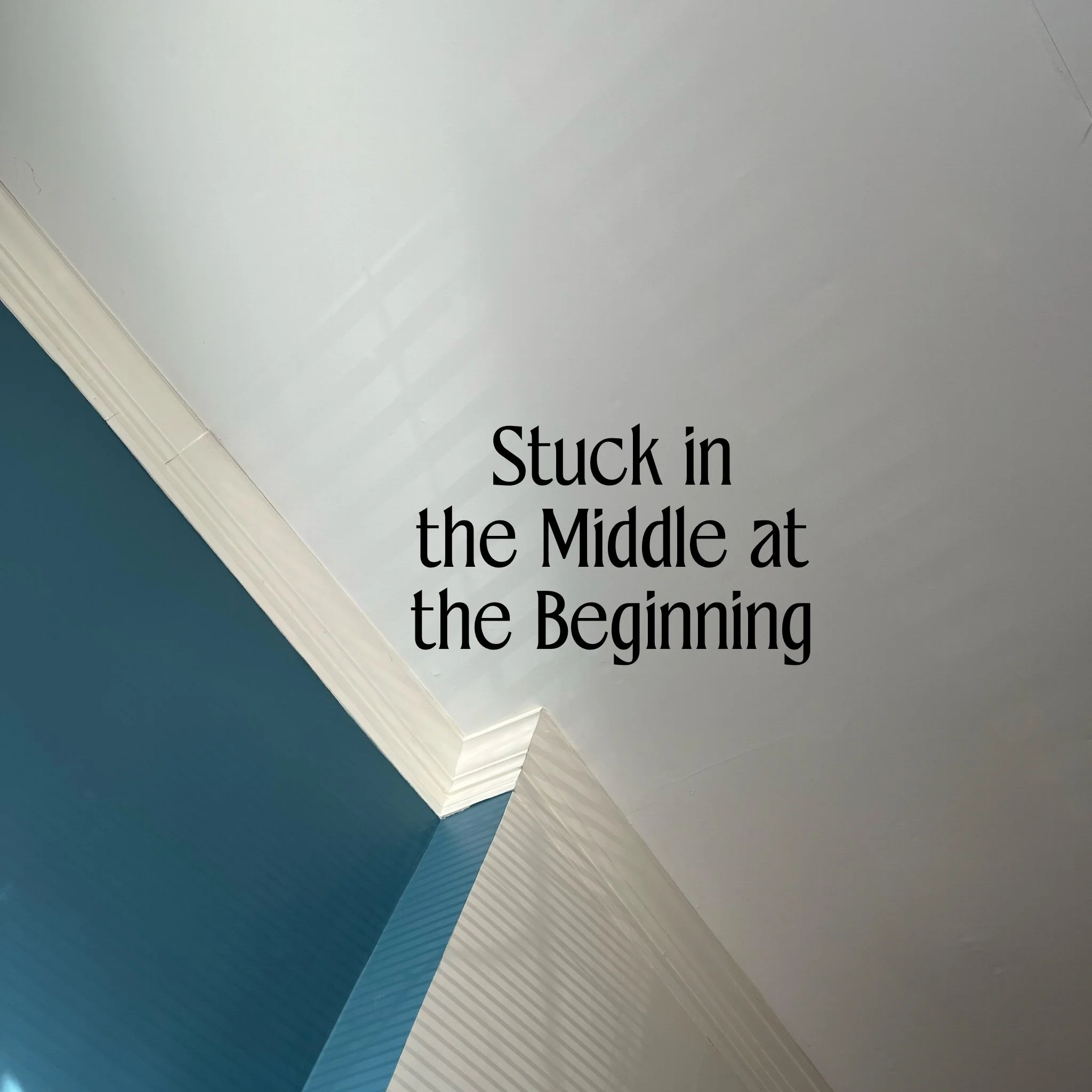There is a scene in the Master of None season one finale in which the dad of Aziz Ansari's character Dev (played delightfully by the actor's real father) asks his son to get him the Harry Potter books. "Really?" Dev asks. "You're going to start Harry Potter in 2015?"
Technically, I started the Harry Potter books in 2013, but last year was when I truly dove into them and read four of them (Azkaban through Half-Blood Prince if you're curious). So I realize that I'm really late to the party when it comes to blogging about the wizarding world. Or maybe I'm just early for the party centered around the forthcoming J.K. Rowling-written prequel films.
I've been thinking a lot about squibs lately. In the Harry Potter world, a squib is a non-magical child born to one or two magical parents. So you're the kid of a wizard and/or witch, but you're completely normal. All the awesome stuff that your family and their friends get to experience? You can't. You are unable to. On top of all that, you are seen as a massive disappointment even though you never chose to be a squib. Why would you want to be a squib? Even the name they're given is awful.
And I was pondering how unspeakably sad it was to be a person familiar with a world of magic and wonder, but you only got to sit outside the front door and watch. You would spend your life witnessing those close to you fly and perform amazing acts and normal you is bolted to the ground. It makes me wish Rowling had written a squib hero into her tale (maybe there is one, I have one to go).
I believe the reason my thoughts kept circling around squibs as I have been thinking about what it is like for people who struggle with faith or have no faith yet live in the Bible Belt South. If for some insane reason one were inclined to swing a dead cat, she or he couldn't do so without hitting a church. A person can't go on Facebook, without seeing a post or a meme or a comment from someone who is just absolutely over the moon about their faith; confident, bold, brassy. When so much of social life in the South revolves around the church or certain beliefs around how prayer works or whatnot, it can feel lonely. Isolating.
Or worse. An individual might overhear a conversation in which a couple of Christians talk about how blind or sad or ignorant or some other negative quality someone is who is outside their camp. If someone grew up here then he or she is likely the child or close relative of someone to whom faith is important. And if a person finds his or herself on the outs then perhaps he or she is seen as a massive disappointment. Life cannot be easy for people who would be painted as spiritual squibs.
I know this because I feel a little squibbish myself sometimes. I call myself a Christian, I write about faith all the time, and I'm even doing the children's sermon at our church tomorrow. There are times when God seems as real as my hands that type this. When I take communion, read a good book, hit a groove in a run, or when one of my boys hug me, I can almost see God smile.
Yet there are times when I am tired, lonely, when work has been hard, when the kids are behaving like wild savages, when I'm full of self-loathing, or whatever else when I do not feel the magic of God's love. It doesn't seem real to me in spite of what I have experienced. I'm just some kid on the ground annoyed with all the people playing quidditch above me. In the wonderful region where I have been raised, I often feel like a squib in spite of my efforts to pursue God. I don't write that for pity. It simply is what it is.
I know many, many others who feel like spiritual squibs. And I have a hunch that all of us are in that camp at sometime or another, but don't feel like we can say it. We don't want our squibness to be outed.
There are times when faith comes easily and there are times when it does not. There are times when faith seems more real than life itself and there are times when it seems like utter fantasy. At least that's how I experience; sometimes that's how I experience it within a hour.
I'm not totally sure where I'm going with this. Perhaps this: have compassion on the people who are not experiencing the magic of God in the way that you are. They are not aberrations or dangerous or inhuman. Whether they are an atheist, of another religion, experiencing doubts, or just a Christian who doesn't believe everything you do, love them sincerely. You can share your joy, yet share it, as the apostle wrote, with gentleness and respect. Let them know that they belong. Don't let them feel like a squib. I think Jesus would support that.








